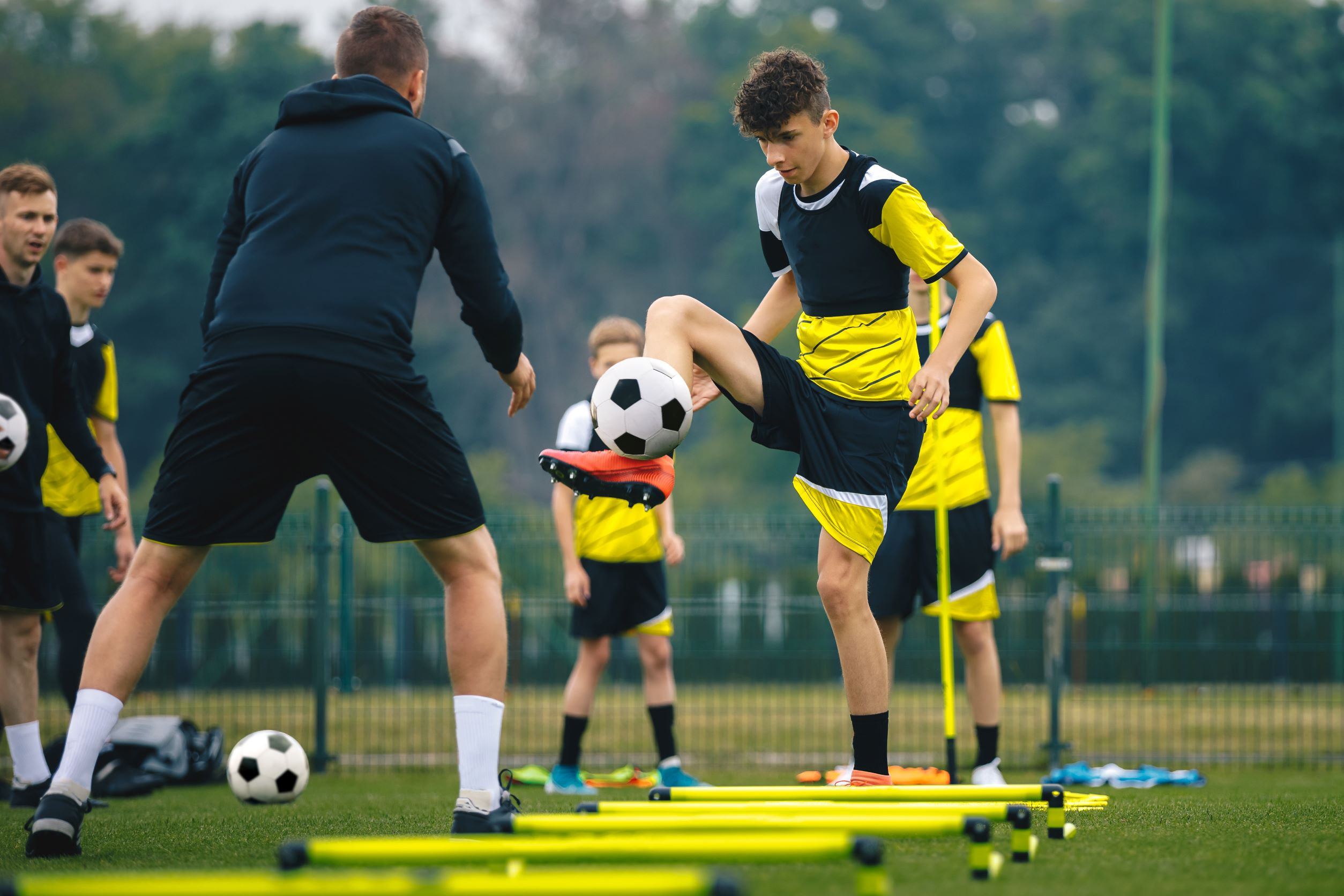Top 6 tips for a grassroots coach.
Grassroots coaching is extremely important when it comes to the development of a player and shaping their skills and techniques from the inception of their sporting career. Grassroots coaches will naturally take time to understand a player, spend time to get to know each of them, and to understand their styles before they can focus on how they can work with the players and help them grow individually. Coaches are experienced in achieving maximum coaching effectiveness with the understanding that while one technique will work for a player, it might not for another player.
No matter how experienced you are as a grassroots coach, there is always room for learning to achieve the mission of pushing yourself and your players to the next level. Here are top 6 tips to improve yourself as a grassroots coach.
- Plan your sessions wisely
Time spent with each player is crucial and planning your sessions in detail is important. Sessions have to be utilized optimally. It is important to have a structure in terms of the sessions and drills and communicate it to players. Coaches can now use simple sports tech platforms such as Koach to seamlessly plan and communicate on the session plans.
- Understand your players better
Put a conscious effort on a daily basis to understand your players individually as well as a team. Younger players have different styles and understanding what motivates them is important to have a successful session. Once you understand your players better, it will be easier to tailor training sessions to suit them more.
- Benchmark with experienced coaches
Different coaches bring different strengths and techniques to the game, and it is equally important to study coaches who are the best in the industry. There are many things to learn from coaches who even have similar levels of experience, and understand how they put in their strengths to the game. It would also be great to invite other coaches to do a few training sessions as well.
- Focus on technical development
Players who are not technically sound will invariably affect the team’s performance. Improving the technical ability of the players is one of the key goals of a coach where many use platforms to track, analyze and communicate individual player performances with players as well as their parents.
- Evaluating performance is vital
As much as you spend time evaluating individual and team performance, it is important to evaluate your coaching style and techniques. Record yourself during training sessions, watch how you communicate with players, and observe how players react to your instructions. Are you tough enough, do you communicate well and do players understand your instructions? Watching how players react to your commands is key to knowing and understanding your effectiveness as a coach.
- Having a mission for the season
Whilst there are many expectations, you can have a set of goals or a mission in place for the season. Ensure you communicate this to players and parents at the start of the season so they will support you to achieve it by the end of the season. Not all goals need to be quantifiable, it is important to have goals on overall improvement as well to finish off a successful season. Getting continuous feedback throughout the season is also of paramount importance. You can read what our CEO Tariq had to say about the importance of year-long feedback here: https://www.linkedin.com/pulse/importance-year-round-feedback-interactive-players-tariq-cassim-1c/
If your players aren’t smiling when they come off the pitch and if they seem not excited to attend the training session, you need to reevaluate your approach to the training sessions. Many play for enjoyment and to have fun so it is important not to lose sight of it. Whilst you provide a competitive training environment to facilitate their growth as players and individuals, it is very important that you make sure they have fun in the process!

